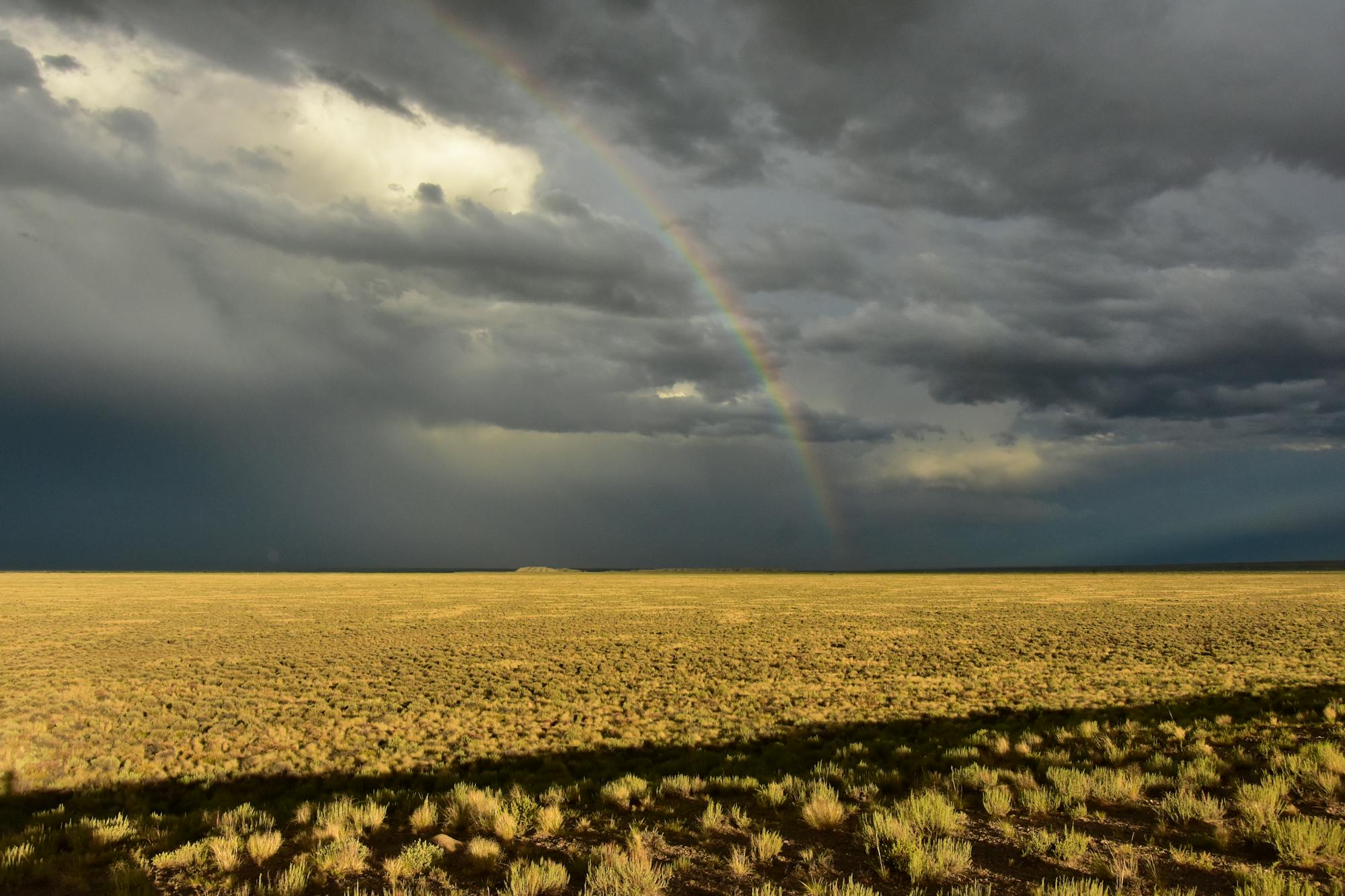Republicans and Democrats came together 50 years ago in an inspirational showing of bipartisanship to pass one of our nation’s most beloved and landmark laws. It was a law that memorialized our nation’s shared commitment and our moral and ethical responsibilities to protect the most imperiled species and our nation’s natural heritage for future generations. It was a law that mandated the use of best available science and, seemingly, written flexibly enough to survive the test of time.
Backed by the majority of Americans across the political spectrum and incredibly successful in its application, the Endangered Species Act is that very law and counts such iconic species as the peregrine falcon, the bald eagle and the black-footed ferret among its near perfect 50-year track.
Despite its bipartisan founding and demonstrable successes, however, pro-extinction lawmakers are actively working to not only give short shrift to the funding needs of the law but even more alarming have now taken unprecedented action to undermine the Endangered Species Act’s environmental safeguards.
The American public cannot allow this to stand as our nation and planet face down the dual biodiversity and climate crises. Now is not the time to be weakening our landmark environmental laws and denying endangered species the protections needed to prevent their extinction.
Last week, one of the most unthinkable and unprecedented attacks on the Endangered Species Act, S.J Res. 9, was brought to a full vote on the Senate floor. In a stunningly disappointing move, Sen. Roger Marshall’s (R-KS) resolution under the Congressional Review Act to politically strip federal protections from threatened and endangered populations of the lesser prairie-chicken and firmly snub the science-based decision and legal mandate the U.S. Fish and Wildlife Service has to save them was passed narrowly in a 50-48 vote. What’s worse, is many of them gloated about it on social media immediately following.
Much to their misfortune, and those species that rely on them, the lesser prairie-chicken lives in areas fossil fuel companies and many special interest groups have their eyes set on developing. It comes as no surprise then that these birds have had one of the most precipitous population declines of any American bird species. Those that remain, occupy less than 10 percent of their historical range.
Legislatively delisting a species for political reasons, as was previously done with gray wolves in the Northern Rockies, is an abuse any which way its spun. Anti-wildlife politicians, however are taking even greater steps toward the horrific. Using the Congressional Review Act to delist the lesser prairie-chicken, will prevent a rule that is “substantially the same” as the overturned one, creating uncertainty in whether the agency would be able to reestablish protections in the future, regardless of how many lesser-prairie chickens remain.
While the meaning of “substantially the same” is murky, the potential impact is crystal clear and creates a chilling precedent. Congress has never voted under the Congressional Review Act to deny protections to a species.
It is a disastrous showing by the Senate that, if passed through the House and made law, will most certainly doom the lesser prairie-chicken to extinction. We can only hope President Biden uses his veto power to rectify this tragedy as he pledged he would do in a statement of administration position immediately before the vote.
Lesser prairie-chickens, like all native species, play unique and important roles in the ecosystems they occupy, and healthy biodiverse landscapes are as important to them as it is to us. Allowing a species to go extinct throws out of balance the ecosystem services we depend on now and for future generations.
A startling number of bills that jeopardize that future are already piling up in Congress. Anti-wildlife politicians have introduced bills that attack the Endangered Species Act at a pace of more than one a week, including one that would use the Congressional Review Act to bar increased protections for a species of bat that has declined 99% in recent years.
We made a commitment 50 years ago that Americans would be good stewards of our environment and support wildlife when wildlife needed us most. We cannot afford to go back on that promise. Not to the lesser prairie-chicken, not to bats and not to our future.
From the Blog










Follow Defenders of Wildlife
facebook bluesky twitter instagram youtube tiktok threads linkedin